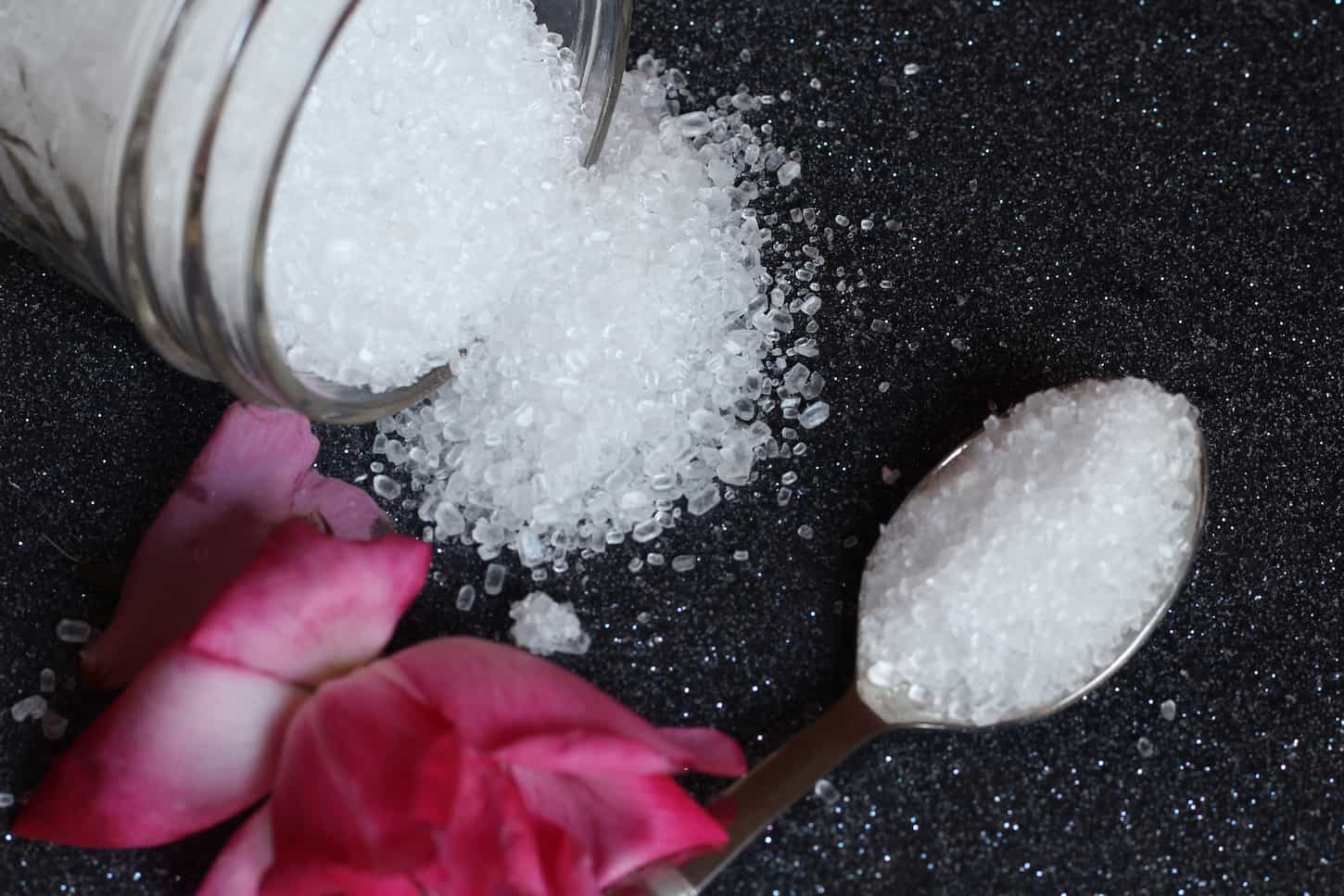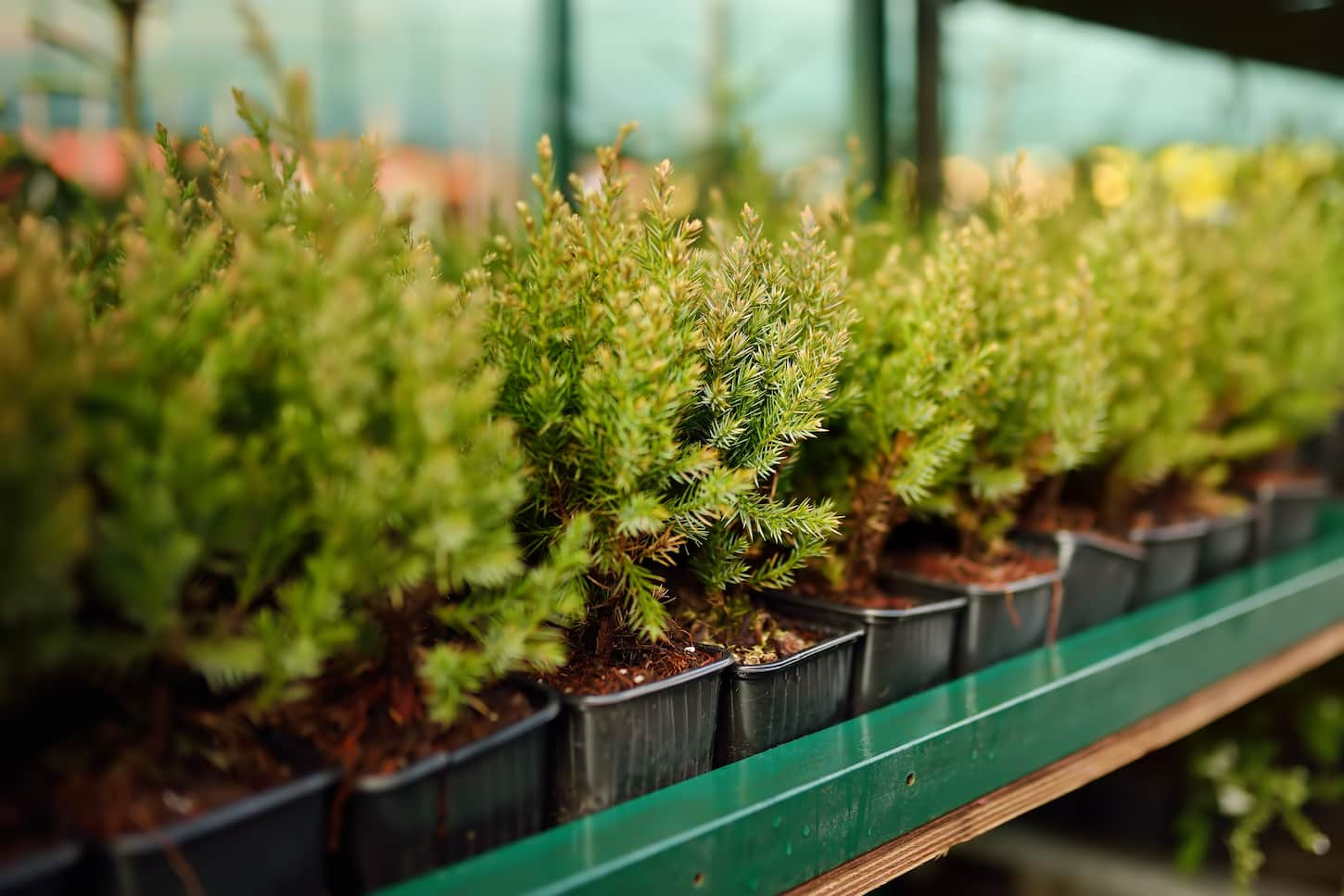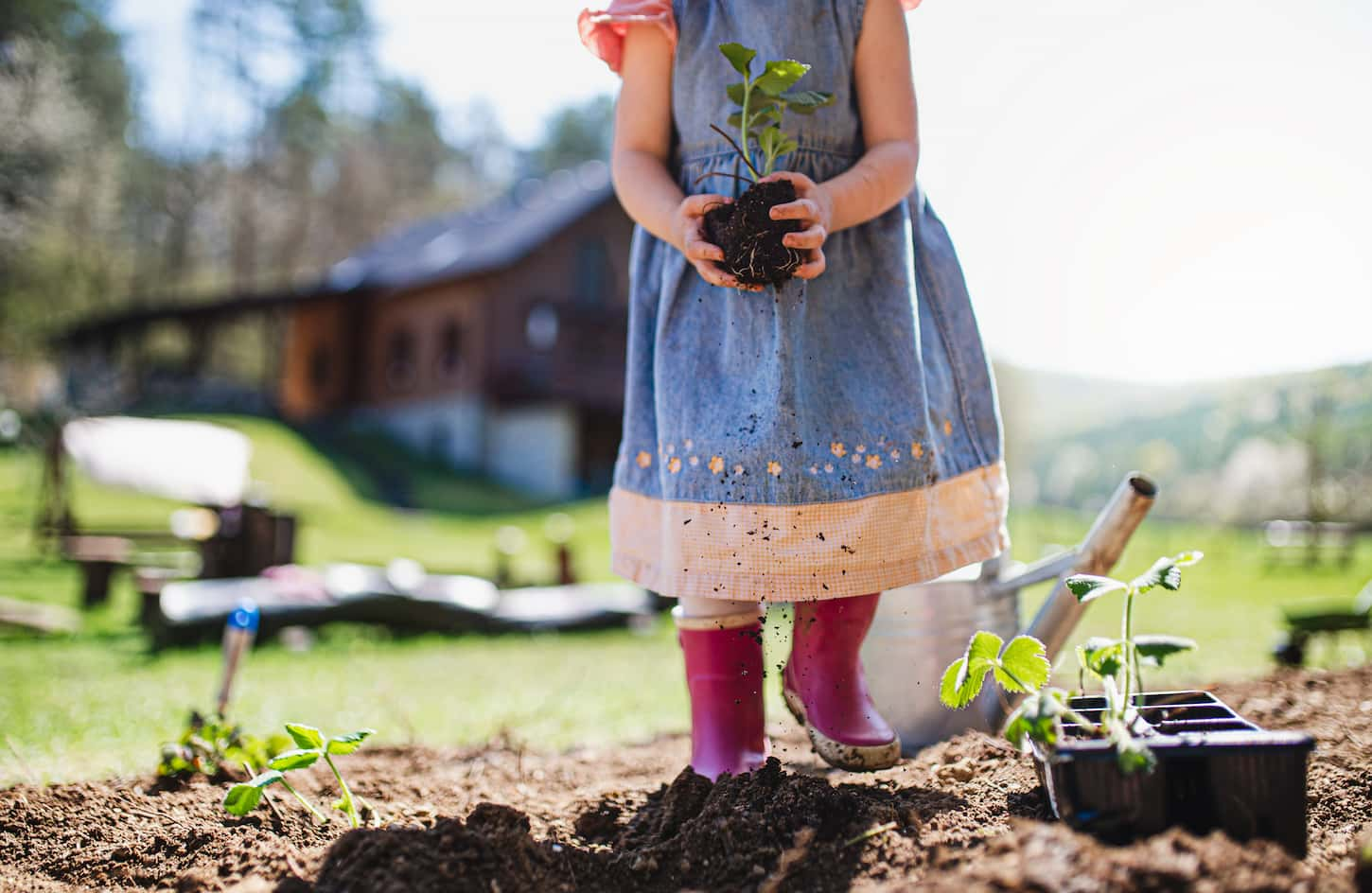Growing up, the only thing we ever used Epsom salt was for baths, and even that was kind of luxurious! Even so, Epsom salt has its uses outside of bubble baths, and can even be used in the garden.
Epsom salt has been used in gardening to fertilize plants in small quantities for a long time. Epsom salt has been proven to help plants when mixed with water or fertilizer. It is also known to help keep some of the nastier pests away that might kill your plants.
To find out more about Epsom salt’s direct relationship with plants, and more gardening facts then keep reading.

What Epsom Salt Does to Plants
Epsom salt can help augment or fertilize the soil that’s low in magnesium and sulfur, leading to healthier plants. However, too much of it can lead to other issues for plants, depending on the soil quality and nutrient levels.
Epsom salt isn’t true salt; it’s made up of magnesium and sulfur. These two elements are widely known to help plants grow. Plants need a balance of several different nutrients to keep them alive and healthy.
Epsom salt is something that doesn’t absolutely need to be added to your garden or any plant’s soil. If you do decide to use Epsom salt in the soil, a little goes a long way.
In this case, if the soil is lacking proper nutrients for the plant, then Epsom salt might benefit it. However, if there is too much salt in the soil, it can lead to certain types of root rot. This is where we dive into whether Epsom salt should truly be used on plants.
Can Epsom Salt Damage Plants?
Used in too-large quantities, Epsom salts can damage plants by promoting the conditions that encourage root rot. Epsom salts should only be used in small quantities, and only if the soil needs more magnesium and sulfate.
Is it true that Epsom salt can damage plants? Well, the truth is that plant roots can be affected by Epsom salt if used in large quantities. There have been studies done to show that there are certain types of root rot that come up if the Epsom salt isn’t diluted properly.
It is also known that Epsom salt should really only be used if your soil or fertilizer is damaged and lacks magnesium in it. To find out this you’ll have to do a soil test on your fertilizer. Now to determine what plants you are allowed and not allowed to use Epsom salt on.
What Plants Should You Not Use Epsom Salt On?
Epsom salts should not be used directly on plants or leaves, but there aren’t any garden plants that can’t have them at all. Plants with a magnesium deficiency won’t benefit from the direct application of Epsom salts, even though it has magnesium in them.
The plants that you should avoid using Epsom salt on are the ones that lack magnesium. Even if you have a magnesium-deficient plant, it may not need Epsom salt to bring it back to life.
The plants that enjoy having a rotation of Epsom salt in their soil are roses, tomatoes, and peppers.
Epsom salt is water-soluble, so when you use it on your plants, they are able to get the nutrients easier if they get some water, too.
Will Epsom Salt Kill Tomatoes?
Epsom salts won’t kill tomatoes unless over-applied. Use small quantities of Epsom salts in water and your tomatoes will be just fine.
Epsom salt is widely known within the garden community to benefit plants, especially ones that grow fruits and vegetables. The salt has nutrients in it that benefit the plants and help them grow. Once again, it has been confirmed that Epsom salt doesn’t kill plants. Tomato plants will not die if you use Epsom salt solution on them.

How Much Epsom Salt Should You Put on Plants?
Epsom salts should be used in small quantities, with no more than 1 to 2 tablespoons per gallon of water being applied to plants.
Now dive into how much Epsom salt you should be using when you incorporate it into your plant’s soil. For indoor plants, the general rule of thumb is to use 2 tablespoons of Epsom salt per gallon of water.
The best time to apply this mixture to your plants is in between watering. There is also another method of spraying this solution onto the leaves of your plants so that they can stay hydrated as well.
What Does Epsom Salt Kill?
Spraying diluted Epsom salts onto some bugs and insects may kill them, though Epsom salt sprays should not kill plants unless over-applied. Epsom salts may kill some larger pests, but the quantities required to do so would be dangerous for garden soil.
Personally, I don’t use Epsom salt sprays as our main pest-control method, simply because constantly spraying that much magnesium and sulfate everywhere seems like a bad idea when our soil is at a good level of both of those nutrients.
Chickens do just as good at pest control, thank you very much.
If your soil levels of magnesium and sulfate are low, then using it to kill bugs, pests, and various other undesirables may be an option. Just know that you should read the next section before you go mix up a solution.
Will Epsom Salt Kill Fungus on Plants?
Epsom salts will not kill most fungi or bacteria, as it is not a true salt nor designed as an anything-cide.
There is no supporting evidence that shows that Epsom salt will kill the fungus on your plants. One of the main reasons that you should use Epsom salt on your plants is if they need a boost of magnesium.

Next Steps
In conclusion, Epsom salt isn’t bad for your plants. In fact, there are a lot of benefits that come from using it. The best way to utilize the benefits of Epsom salt is in your garden. The plants that generate the biggest results from Epsom salt use are plants that grow vegetables and fruits.
Ready to read more about using Epsom salts to fertilize fruit trees? Make sure you read this article I wrote next: How to Fertilize Fruit Trees with Epsom Salt. There’s a lot I learned, and I’d love to save you some of the same headaches and mistakes I made.
Resources
Learning from your own experience is essential, but learning from others is also intelligent. These are the sources used in this article and our research to be more informed as homesteaders.
- Bender, Steve. “WATCH: Can We Just Quit with the Vinegar-Epsom Salts Weed-Killer Nonsense?” Southern Living, 28 May 2019, www.southernliving.com/garden/weeds/vinegar-epsom-salt-weed-killer.
- Lefton, Andreana. “10 Ways to Use Epsom Salts in the Garden.” Bob Vila, 26 July 2021, www.bobvila.com/articles/epsom-salts-in-the-garden.
- Nielsen, Lorin. “Epsom Salt For Plants: Good Or Bad?” Epic Gardening, 9 July 2021, www.epicgardening.com/epsom-salt-for-plants.
